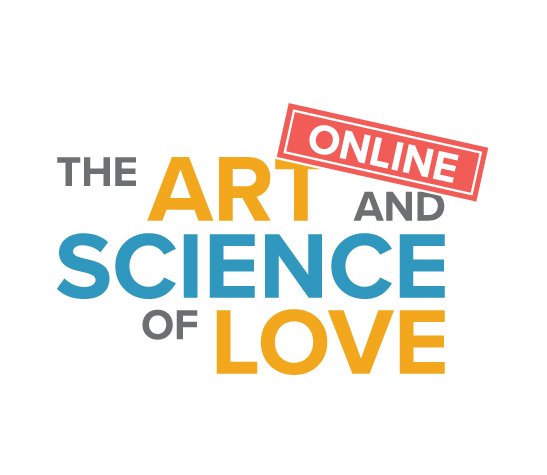One of the challenging behaviors we are seeing in couples therapy is gaslighting. While it has become a cliche term, this set of behaviors is becoming more common in couples therapy.
What is Gaslighting?
The American Psychological Association definition of gaslighting is to manipulate another person into doubting his or her perceptions, experiences, or understanding of events.
According to Dr. Dana McNeil, PsyD, LMFT, CGT the gaslighter implies that you misunderstood what they said versus taking responsibility or showing any remorse for their bad behavior. There is an implication that their partner is overreacting. McNeil sees these types of gaslighting behaviors in her San Diego practice:
- Negative body language and minimizing statements about the other person’s perspective or feelings
- Unwillingness to accept any part of the responsibility for a misunderstanding or conflict
- Intentional implication that the other person has fabricated a situation in order to create doubt or challenge the other person’s reality
- Cutting off the other person, not allowing them to make points or ask questions during a disagreement
- No acknowledgment of partner’s hurt feelings when expressed, lack of empathy
The partner of the gaslighter may experience self doubt and internalize that they didn’t work hard enough in the relationship. As a result they might feel guilty bringing up issues in the relationship.
How does it show up in therapy?
Here are some examples of what you might hear in session:
- “You’re making things up.”
- “That never happened.“
- “You’re being dramatic.“
- “You’re blowing things out of proportion.“
- “I am sorry you feel that way.”
McNeil says that the gaslighter often times exhibits these behaviors because they:
- Have low self-esteem and don’t know how to deal with it.
- Have low capacity to sit with their own emotions.
- Want to “fix” their partner’s feelings and don’t know how, so they minimize to avoid feeling like a failure.
- Feel out of control in the relationship and wants to gain power in maladaptive ways.
- Have difficulty in accepting influence from their partner due to discomfort with vulnerability.
How to decrease gaslighting behaviors
Usually by the time the couple seeks out therapy, one partner is seriously questioning their ability to be a good partner. It is important to validate the experience of the partner who has been manipulated and help them understand the pattern of behaviors. Work with them towards understanding what is in their control versus taking responsibility for all of the relationship problems.
It is important as the therapist that you assume the best and maintain a positive perspective of the partner who is gaslighting. You will need to help them gain perspective about their behavior and how it is impacting the relationship. The behaviors are keeping them from getting their needs met which might be counterintuitive to them at first.
Gottman Interventions to use in session:
- Introduce the idea of a subjective reality and coach each partner to describe theirs (remind them that this isn’t about agreeing with their partner’s perspective).
- Teach them to validate their partner’s experience and feelings.
- Redirect partners to use “I” statements.
- Use the antidotes for defensiveness and criticism (softened start up and taking responsibility, respectively).
- Do some psychoeducation on softened start up where you ask partners to name their emotion and ask for their needs even if the other partner is unable to do it.
- Practice the Aftermath of a Fight/Regrettable Incident.
Gaslighting is a challenging behavior for a couples therapist to deal with. However, with the right tools and structure these dynamics can be changed for the better.










